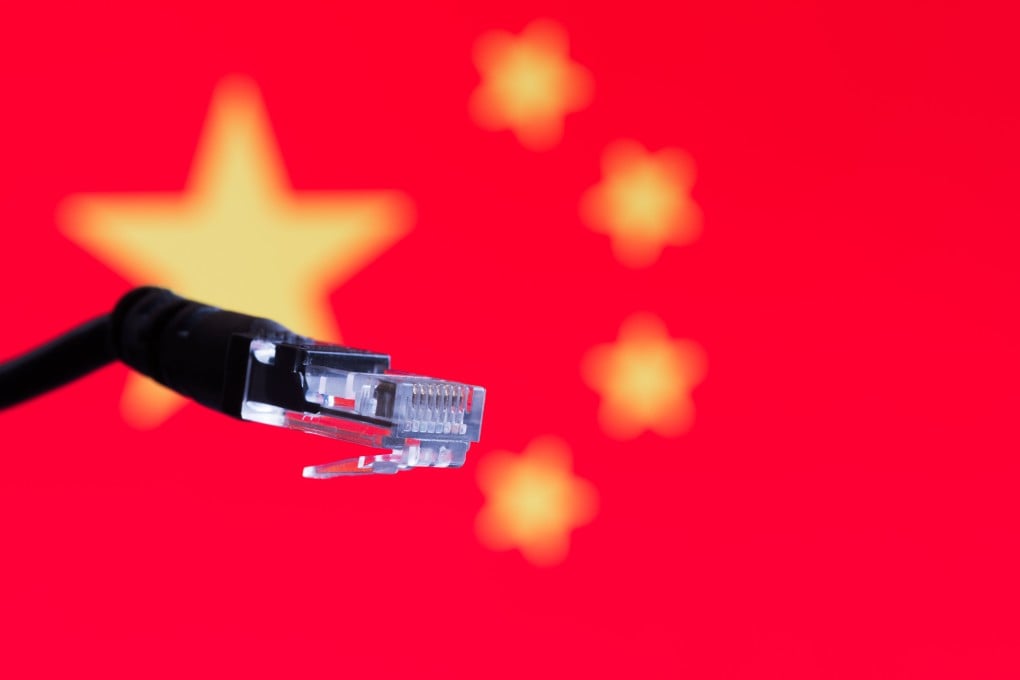Beyond the Great Firewall: China’s vast censorship apparatus ropes in companies to do the work themselves
- NetEase is the latest company facing punishment for failing to properly censor comments on a news app
- Online service providers use a combination of labour and automated technology to keep content within acceptable boundaries

When people think of censorship in China, they usually think about the Great Firewall and netizens turning to clever images and puns to circumvent restrictions. But users are not the only ones left at the whims of censors. Digital platforms are often on the hook for figuring out how to keep disagreeable content off their services.
The latest big content provider to face the wrath of Chinese censors is NetEase, which was fined this week because of comments on its news app that were deemed inappropriate.

03:34
Inside a Chinese internet censorship centre
In addition to the websites hosting the content, service providers, content producers and users could all be held liable. The rules are similar to how China has regulated and censored content in the past.
“The actual execution is done by the service provider,” said Fu King-wa, an associate professor at the University of Hong Kong’s Journalism and Media Studies Centre. “That means inside the company will have their own department to oversee the content moderation.”